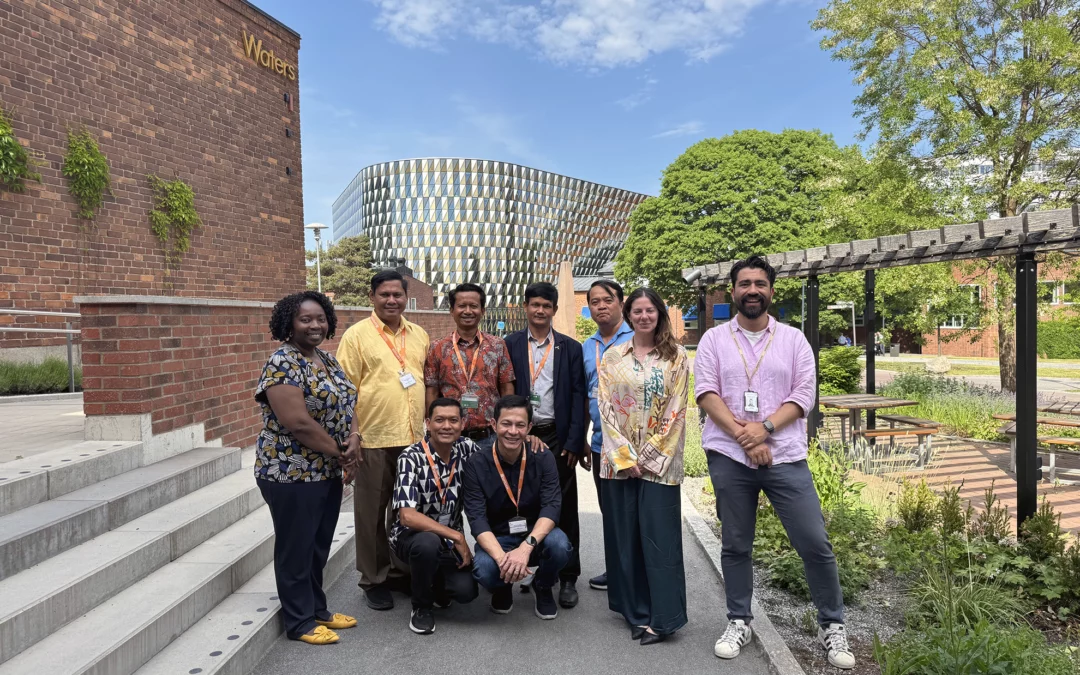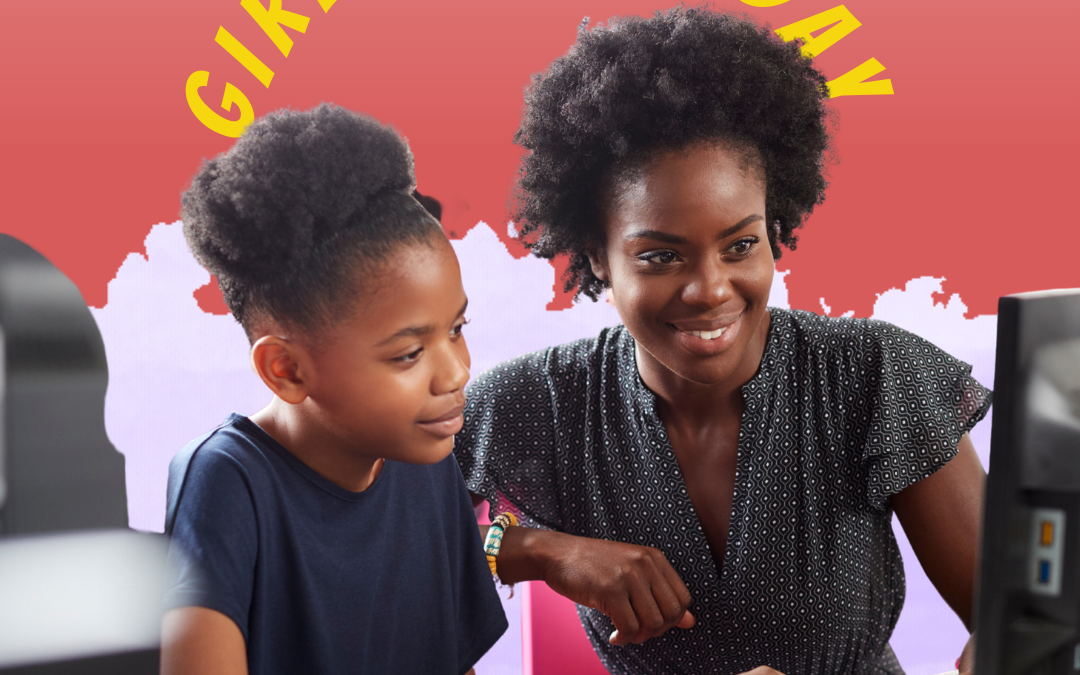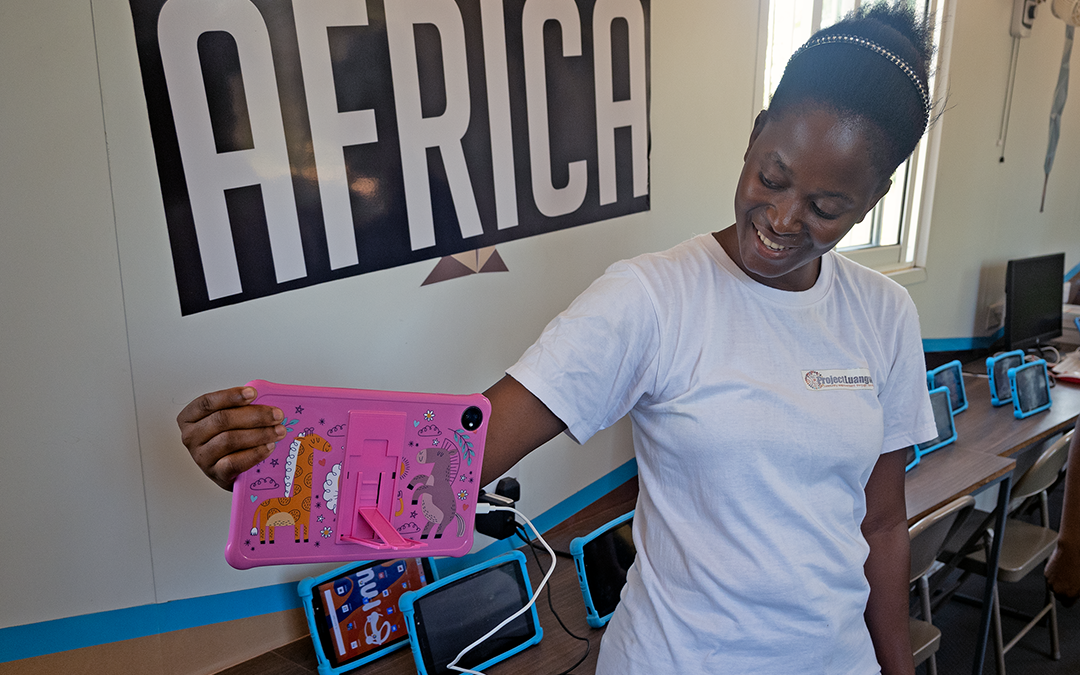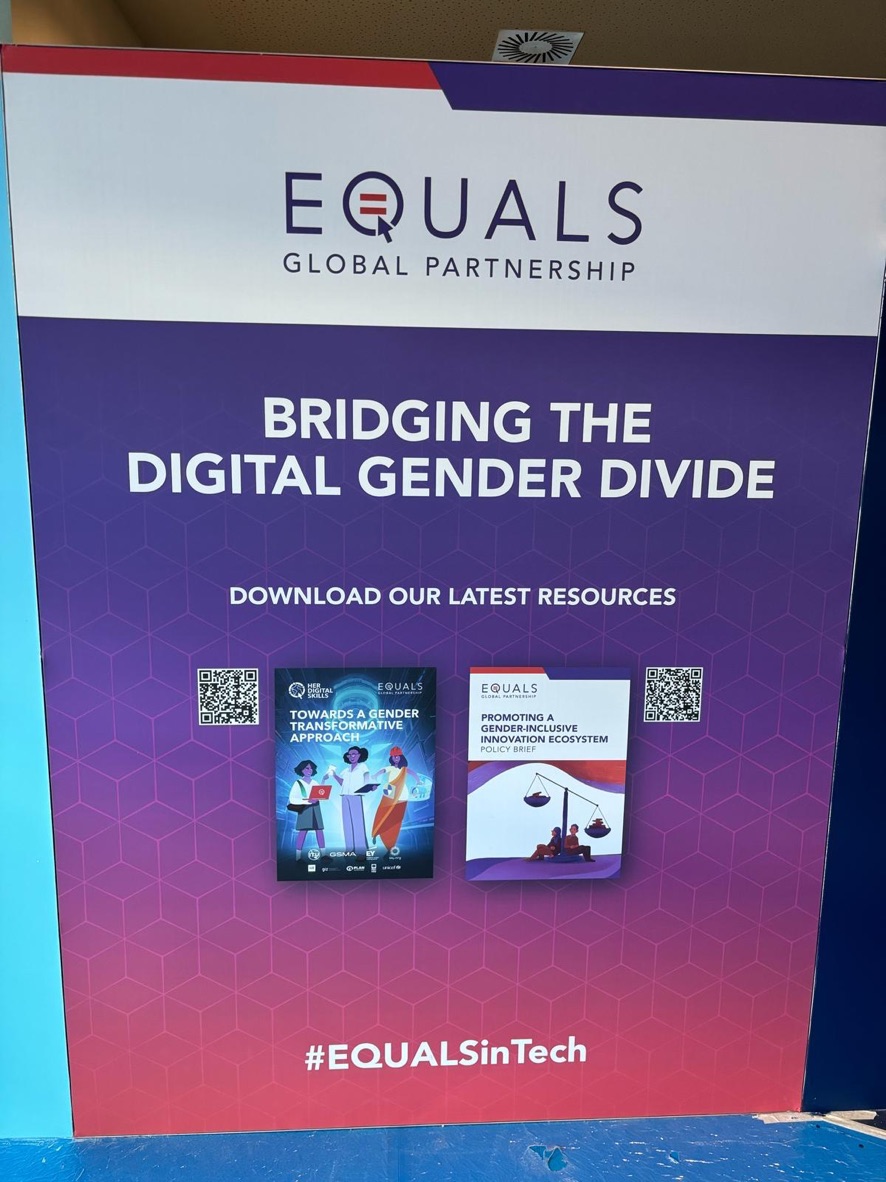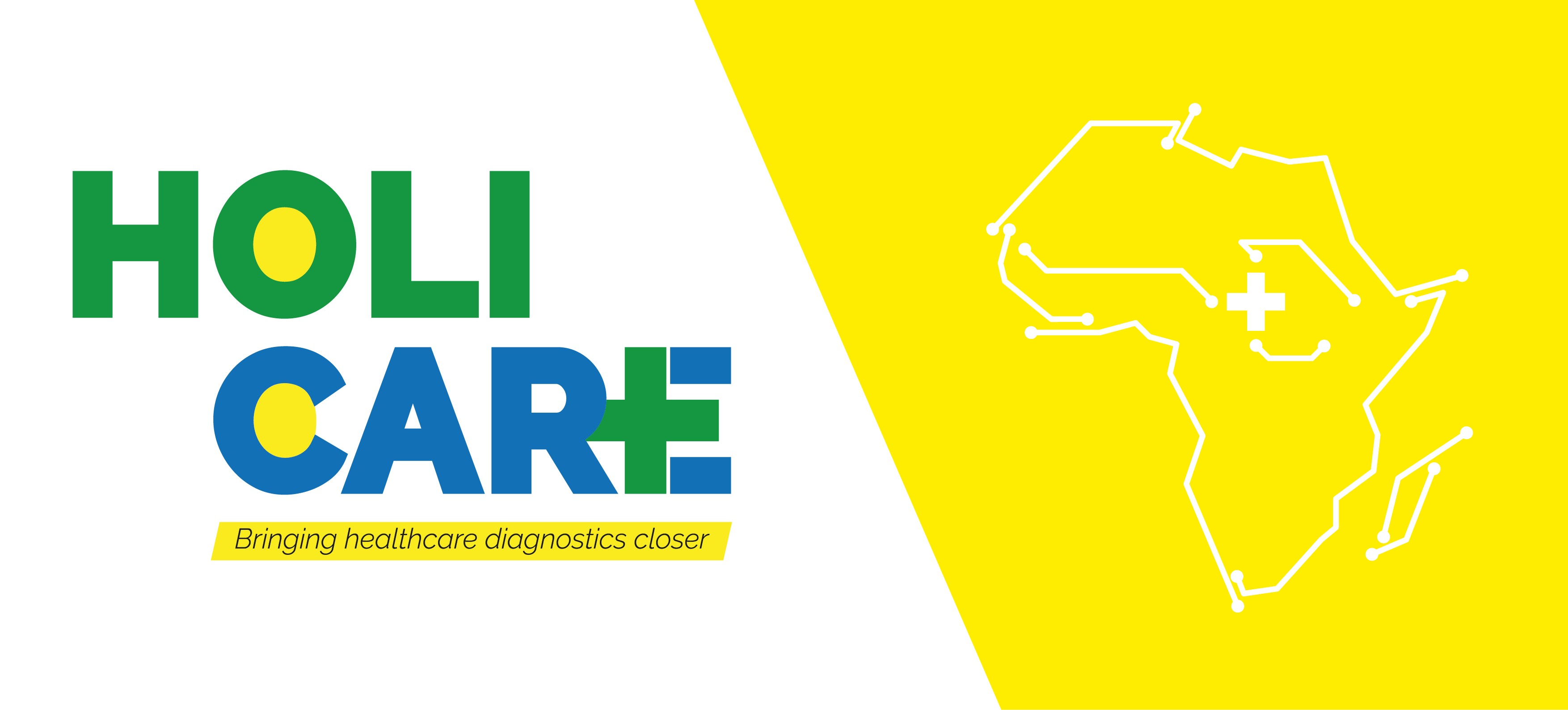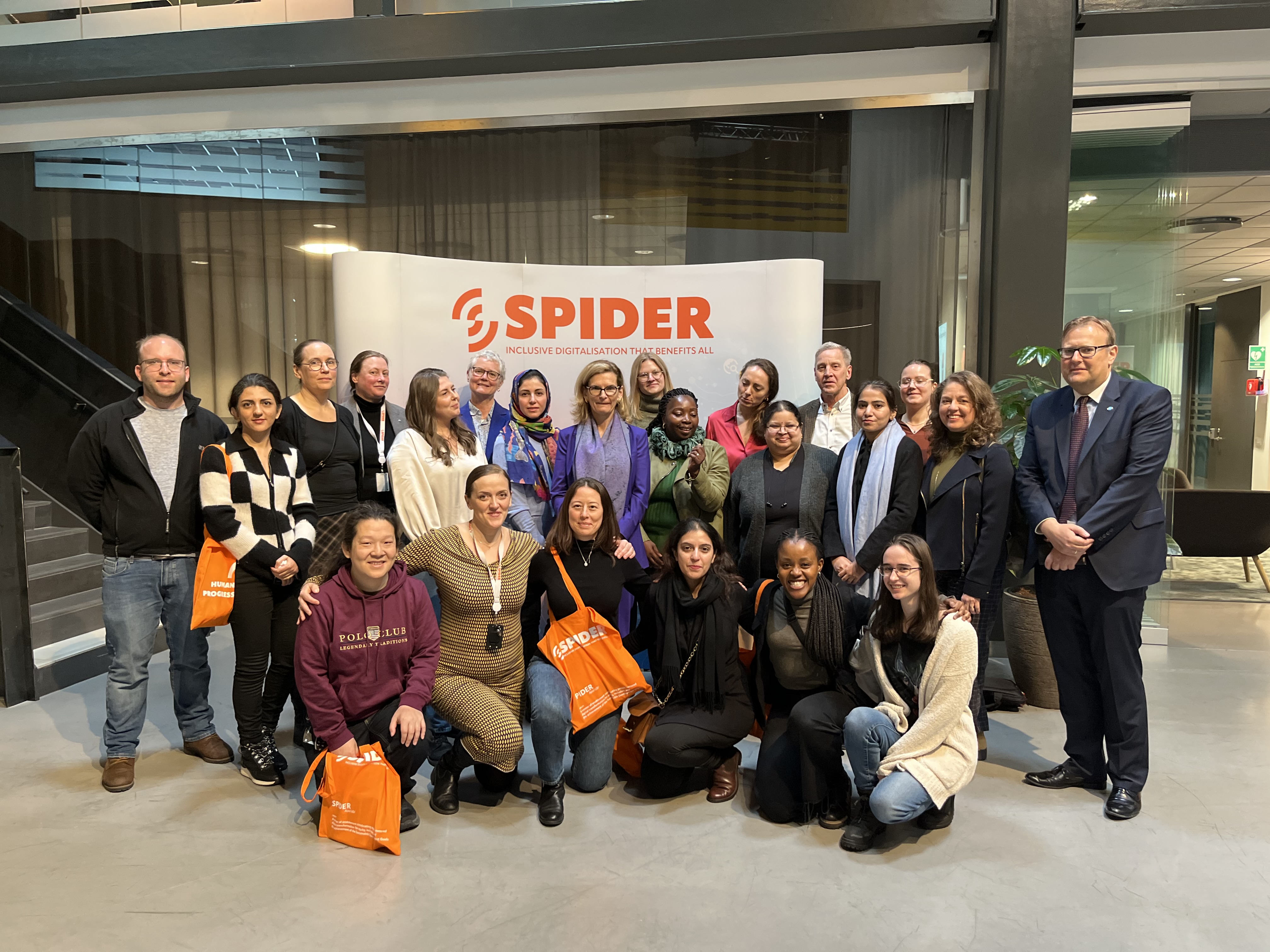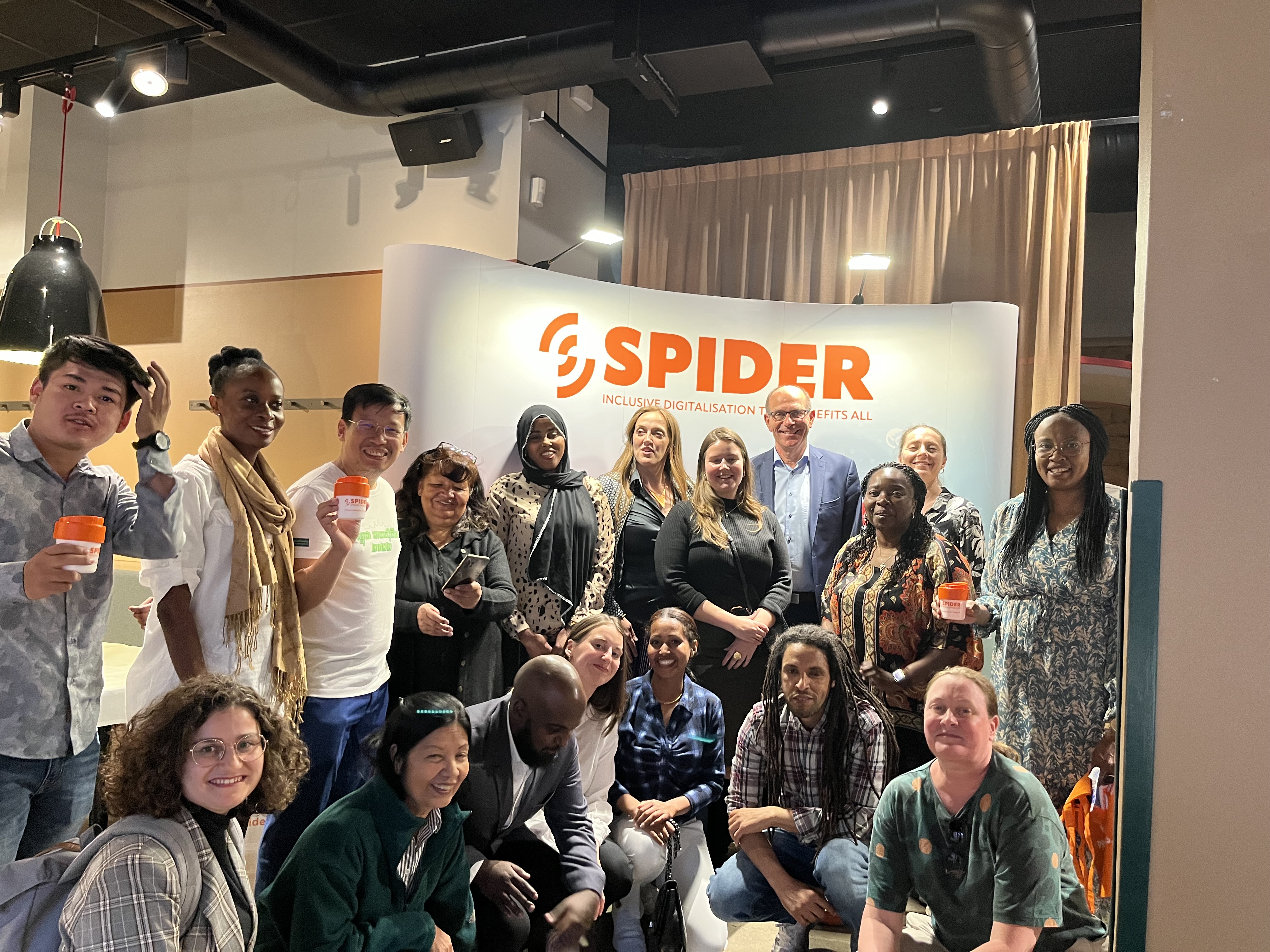Benchmarking and knowledge sharing
Bi-lateral university programmes
A delegation of IT and library staff from Royal University of Phnom Penh visited to experience how ICT supports research and library facilities at several Swedish research institutions. The visit was part of the bi-lateral programme between Sweden and the Cambodian university, where SPIDER supports the ICT development.
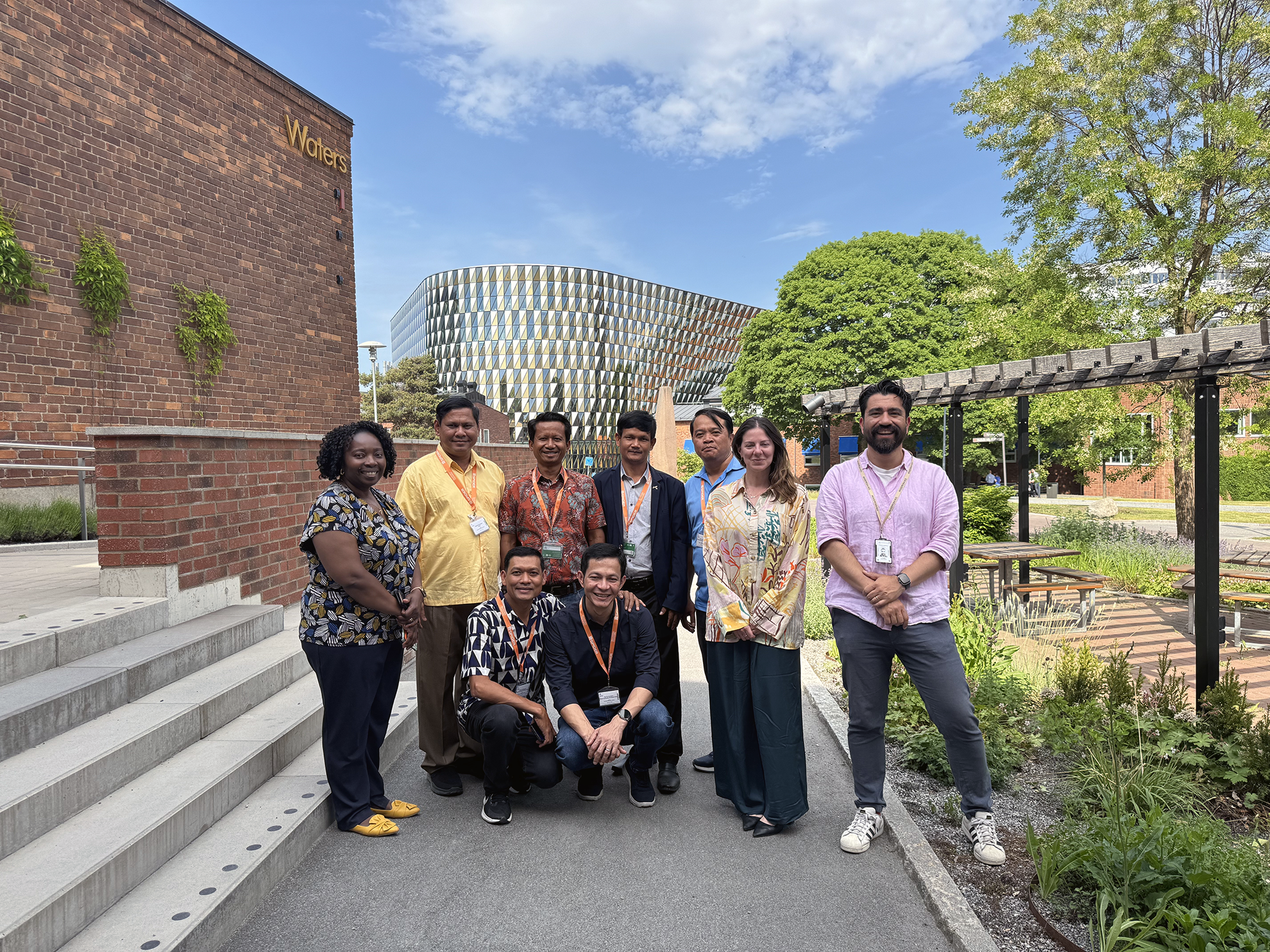
SPIDER – How we are different
SPIDER’s work is about human centered technology. This means that innovation and technology advancement should be adapted to the needs of people and planet, not just for technology itself.
SPIDER coordinates results focused change initiatives by uniting sectors and expertise from local to global level. We are a center of enablement uniting evidence based, locally led and sustainable digitalisation.
SPIDER supports work led by the communities that drive change for equitable, rights based and fair access to technology and opportunities to reap the benefits of digitalisation.
Latest Updates
RUPP Delegation in Benchmarking and Knowledge-Sharing Visit to Sweden
A delegation from the Royal University of Phnom Penh (RUPP), comprised of librarians and IT professionals, recently undertook a benchmarking and knowledge-sharing visit to Sweden. The visit was facilitated by SPIDER and focused on exploring best practices in library systems, IT security, and IT infrastructure, particularly for research institutions. The…
Supporting every girl’s digital future
As we celebrate a decade of girls in ICT commemorative day, at SPIDER we reflect on some of the projects that have brought digital to girls:
DigiLearn shows remarkable results in Zambia
Access to high quality learning content and teachers to support using ICTs for learning makes a great difference for students in Southern Luangwa valley, Zambia.
Mobile World Congress highlights Gender Policy Brief by SPIDER
Are you attending the Mobile World Congress this week? The event brings together top global companies, governments, tech businesses, and senior executives to exchange ideas on the future of mobile technology. Conversations throughout the week will shape the future of mobile tech. For SPIDER, working on inclusive digitalization that benefits…
Holicare: Upcoming events in 2024
Holicare Academy hold knowledge transfer sessions about lower respiratory tract infections - diagnostics. These are the upcoming events for 2024.
Connecting for Health: The role of Connect Somalia
Connect Somalia serves as a bridge, connecting the diaspora with healthcare needs in Somalia Why Diaspora Matters Throughout history, diaspora has played an important role in shaping the destinies of nations. Serving as a pool of diverse skills, resources and untapped potential, the diaspora’s influential presence goes beyond borders. In…
Trending Topics
RUPP Delegation in Benchmarking and Knowledge-Sharing Visit to Sweden
A delegation from the Royal University of Phnom Penh (RUPP), comprised of librarians and IT professionals, recently undertook a benchmarking and knowledge-sharing visit to Sweden. The visit was facilitated by SPIDER and focused on exploring best practices in library systems, IT security, and IT infrastructure, particularly for research institutions. The…
Supporting every girl’s digital future
As we celebrate a decade of girls in ICT commemorative day, at SPIDER we reflect on some of the projects that have brought digital to girls:
DigiLearn shows remarkable results in Zambia
Access to high quality learning content and teachers to support using ICTs for learning makes a great difference for students in Southern Luangwa valley, Zambia.
Mobile World Congress highlights Gender Policy Brief by SPIDER
Are you attending the Mobile World Congress this week? The event brings together top global companies, governments, tech businesses, and senior executives to exchange ideas on the future of mobile technology. Conversations throughout the week will shape the future of mobile tech. For SPIDER, working on inclusive digitalization that benefits…
Holicare: Upcoming events in 2024
Holicare Academy hold knowledge transfer sessions about lower respiratory tract infections - diagnostics. These are the upcoming events for 2024.
Connecting for Health: The role of Connect Somalia
Connect Somalia serves as a bridge, connecting the diaspora with healthcare needs in Somalia Why Diaspora Matters Throughout history, diaspora has played an important role in shaping the destinies of nations. Serving as a pool of diverse skills, resources and untapped potential, the diaspora’s influential presence goes beyond borders. In…
ITU Lead visits SPIDER and DSV to celebrate women in tech
The Secretary General of ITU visits SPIDER to launch campaign Just over a quarter of people working in technology jobs identify as women, and the progress towards equality in the sector seems slow. There are many theories and experiences that can inform how we can propel equity in tech, and…
SPIDER partners visit Sweden
SPIDER organises Soirée to welcome partners in Stockholm The Stockholm Internet Forum offers some of past and present SPIDER partners to visit the well known conference in Stockholm and we are delighted to report that in 2023 SPIDER organised an opportunity to dine and discuss the latest in digital development…

